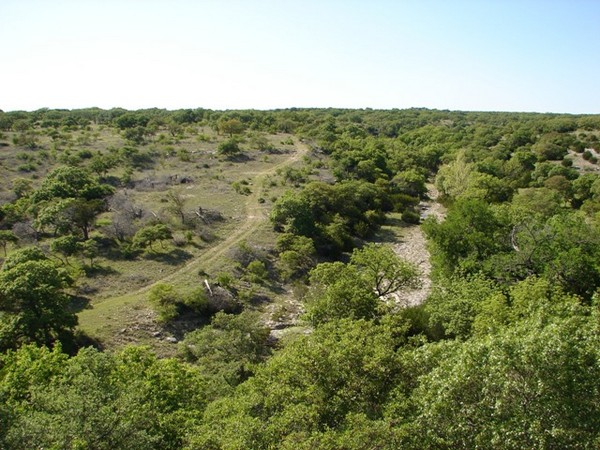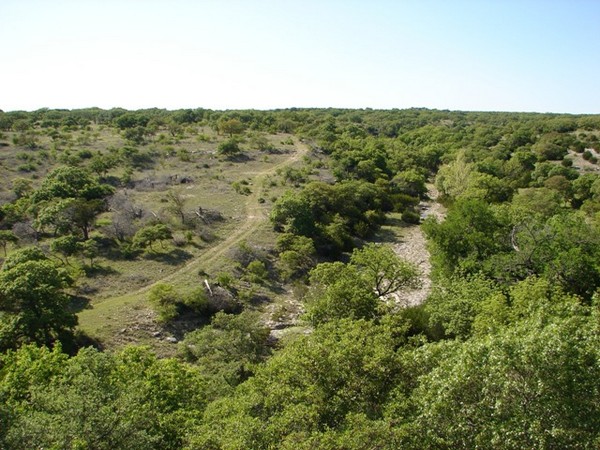The one sure-fire way to improve hunting on your property is to get involved in habitat management for wildlife. All animals need food, cover, water and space. If you are interested in better white-tailed deer hunting, turkey hunting, quail hunting, dove hunting or just having more songbirds then the first step is taking action to reach your goals. The next step will be to contact Texas Parks and Wildlife Department and the Natural Resources Conservation Service. These two agencies can help you help the plant communities on your land, which will in turn help the wildlife and hunting on your land.
The USDA’s Natural Resources Conservation Service (NRCS) State Conservationist Salvador Salinas today announced that NRCS in Texas has $5.5 million in funding available for people who want to develop and implement wildlife management and improve habitat on their land through the agency’s Wildlife Habitat Incentives Program (WHIP). “WHIP helps Texas landowners restore and improve fish and wildlife habitats, and benefit at-risk species,” said Salinas. “This funding will give landowners across the state the opportunity to address wildlife concerns in Texas.”
This funding has been established to improve Bobwhite quail and Pronghorn antelope habitat, as well as for landowners that have lost wildlife habitat through the drought and wildfires of recent years. It will also help other wildlife species that benefit from the habitat management practices implemented for target species. Practices for quail are especially beneficial for whitetail populations and deer hunting. Through WHIP, the NRCS provides both technical assistance and financial assistance to establish and improve fish and wildlife habitat. WHIP agreements between NRCS and the participant generally last from 5 to 10 years from the date the agreement is signed.
Landowners interested in participating in the program are encouraged to contact their local USDA-NRCS field office, in the nearest USDA Service Center. Applications for WHIP are accepted continuously and the ranking criteria are established by the State Conservationist, based upon input from the state technical committee.
WHIP applications must address traditional natural resource issues such as water quantity, water quality, grazing lands, forest health, soil management, emerging natural resource issues, and climate change. For additional information about WHIP, or to find the NRCS service center nearest you, visit their website. Improved habitat, healthier wildlife populations, better hunting and a cost-share program to boot? Sounds like a recipe for success!

